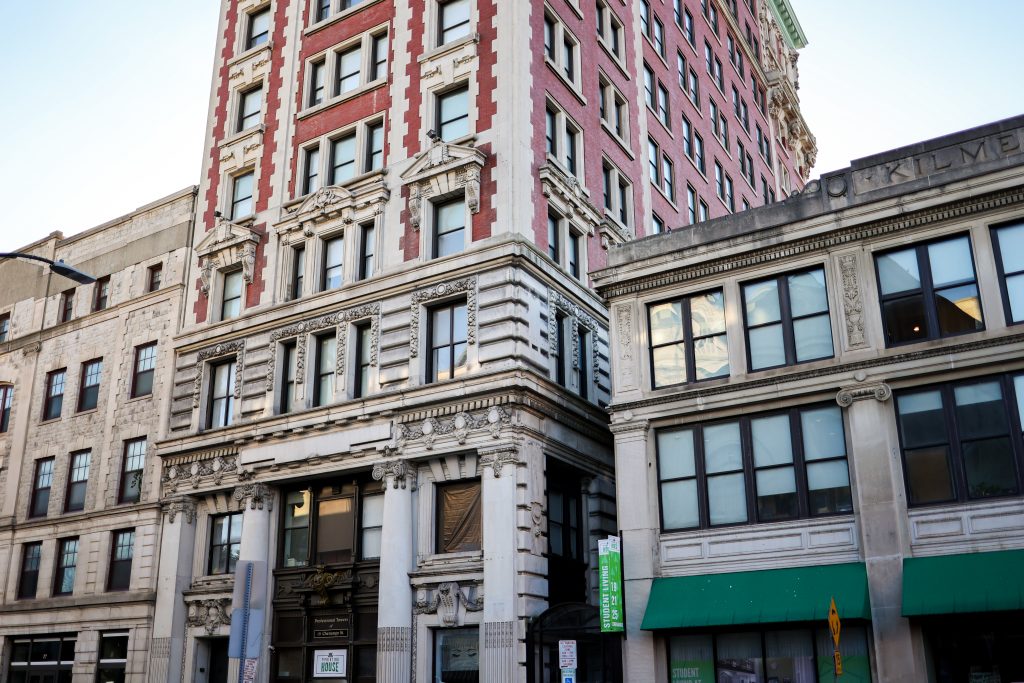With over 18,600 students returning to Binghamton University this fall, the housing process is as competitive as ever. As the hunt for off-campus housing starts in earnest, here’s a guide on your rights as a renter.
Illegal lease provisions
A lease, which contains the terms and conditions of the rental, cannot be changed without the consent of both parties. According to the office of Letitia James, the New York state attorney general, leases must define the due date and payment of the rent, the length of the lease and the obligations of both the landlord and the tenant.
Leases must be easily readable and in everyday language, not legalese. The following provisions are illegal under state law — if they are in your lease, then the contract is not enforceable.
Giving up the warranty of habitability
Lease provisions cannot waive the warranty of habitability — your right to a livable, safe and clean home and associated public areas. It also requires landlords to make necessary repairs to your home. Violations include failing to regularly provide adequate heat or hot water, unhandled insect infestations and appliances that do not function properly. However, the law doesn’t protect against self-caused damages.
Make sure to document all breaches of the warranty of habitability, and give your landlord written notice of the conditions — which will allow you legal recourse to sue your landlord for a rent reduction or to withhold rent entirely until conditions are repaired. New York state law protects you from retaliatory evictions, though it can be difficult to prove in court that an eviction was retaliatory in court.
Landlords must respond as soon as possible for emergency repairs and have one week to respond to non-emergency repairs, according to the Ithaca Tenants Union. If your landlord fails to make timely repairs, you may withhold rent money to make the repairs yourself, if the cost of the repair is reasonable and the damage creates “a danger to the life, health or safety” to occupants. Failure to meet these conditions when doing a self-repair can result in eviction.
Giving up the right to a jury trial
You are entitled to a jury trial if your landlord attempts to bring a lawsuit as a result of alleged property damage or personal injury. This right cannot be removed by any language in your lease, though your landlord may mandate in the lease that you must pay their legal fees in the case of a lawsuit — which automatically entitles you to force your landlord to pay your fees as well.
Illegal fees
The Housing Stability and Tenant Protection Act of 2019 prevents landlords from charging security deposits greater than one month’s rent, application fees exceeding $20, forcing you to pay to have a pet and adding charges separate from the security deposit.
Rental transparency
Landlords are required to let tenants inspect apartments before moving in. Ensure you put all requests for repairs in writing to create a paper trail, which should help protect you from the withholding of a security deposit at the end of your lease.
Late rent
After your rent is due, you have five days before it is legally considered late. Your landlord cannot charge late fees greater than $50 or 5 percent of the rent, whichever is less. You have the right to negotiate a payment plan with your landlord during or after these five days, and this right cannot be taken away by terms in your lease.
Landlord entry
Landlords can only enter your apartment for five reasons, according to the Ithaca Tenants Union:
1. Move-in or move-out inspections at the start or end of a lease
2. Inspections to ensure compliance with the terms of your lease
3. Showing the apartment to potential future tenants or buyers
4. Making repairs
5. Responding to a safety emergency
Your landlord must notify you at least 24 hours in advance of arriving for inspections and showing, though that requirement is waived when responding to a safety emergency.



